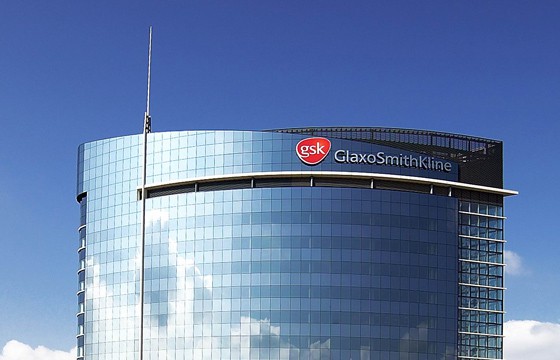
GlaxoSmithKline (GSK) has screened its entire pharmaceutical compound library of more two million compounds and identified about 200 hits with potential against tuberculosis (TB), which it will make available to external research teams as part of its drive towards an ‘open innovation’ approach to R&D.
GSK said this is the first time a pharmaceutical company has made public its own proprietary compounds which have demonstrated signs of activity against TB.
And in yet another shift from the closed model of drug discovery traditionally pursued by pharma companies, GSK said it would double investment in its Tres Cantos Open Lab in Spain, which was set up in 2010 to allow independent researchers access to GSK facilities and expertise.
In a meeting at the Wellcome Institute in London, UK, GSK chief executive Andrew Witty said an additional £5m ($8m) would be made available for Tres Cantos, which is now pursuing 16 research projects including new therapies for TB, malaria, Chagas disease, leishmaniasis and sleeping sickness.
“I believe we have a responsibility to do all we can at GSK to use our resources, knowledge and expertise to help tackle serious global health challenges,” said Witty.
“However, the complexity of the science and the scale of the challenge mean that we cannot solve these problems alone,” he added. “We need to take a different approach – one focused on partnership, collaboration and openness.”
Among the projects cited by GSK is a collaboration between Tres Cantos and South African company iThemba to identify new compounds against TB, including multidrug and extremely drug resistant TB, and drugs suitable for use in patients co-infected with HIV-AIDS.
Clinical database expanded
Meanwhile, GSK is also extending its data transparency project – which already makes detailed data from its clinical trials to be accessible publicly – to include anonymised, patient-level data, said Witty.
That move requires some checks and measures, however; GSK said that to ensure the information is used for “valid scientific endeavour”, it would require researchers to submit requests which would be reviewed by an independent panel of experts.
“By being more open with our clinical trial data, we also hope to help further scientific understanding,” commented Witty.
GSK has been pursuing an open innovation strategy to diseases that disproportionately affect poorer areas of the world from some years, and in 2010 made its library of possible antimalarial compounds freely available to researchers.




